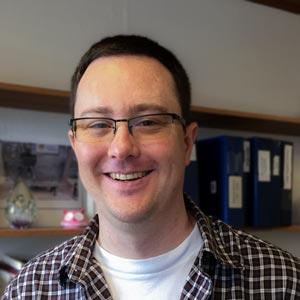
Resilient-C is a free, online platform designed to help coastal communities in Canada connect with and learn from other communities that share similar hazard risks and profiles. Quickly determine from our growing database of communities those that share similar conditions and hazards to your own and review the planning and development actions they have taken to address coastal hazard risks and improve resilience. The Resilient-C platform recently expanded to include over 150 communities in British Columbia, Nova Scotia, New Brunswick, and Prince Edward Island.
Under the direction of Dr. Stephanie Chang at the University of British Columbia, the Resilient-C platform has grown from a pilot with 50 communities around the Salish Sea in BC to assess over 150 communities in four provinces against 25 quantitative and qualitative indicators to assess community similarity and hazards exposure. The platform’s database includes hundreds of actions these communities have initiated or implemented to address coastal and riverine flooding, earthquakes, tsunami, and coastal contaminant spills. The Resilient-C research team has classified each action by type, long-term strategy, and the stage of implementation, along with links directly to source documents.
Presented by: Ryan P. Reynolds and David Righter
Ryan is a Postdoctoral Research Fellow in the School of Community and Regional Planning (SCARP) at the University of British Columbia. He holds a Master of Geographic Information Systems and PhD in Geography from the University of Calgary. Ryan has helped improve and refine the 25 indicators used on the Resilient-C platform, bringing a geospatial perspective to the project. Ryan’s current research includes assessing socio-economic vulnerability and resilience at the neighbourhood and household levels, the development of a mobile app to assist with household emergency preparedness, and how hazards risk in the Lower Mainland has changed over time and will continue to change into the future.

David is a Master of Science candidate at the Institute for Resources, Environment and Sustainability. He graduated with a Bachelor of Science in Environmental Science from the University of Massachusetts in 2013. David’s research is focused on climate change adaptation and disaster risk reduction. David’s role in the Resilient-C project involves expanding the community actions data to understand better and share the relevant strategies being implemented by communities across Canada. His current master’s research focuses on the implementation of adaptation strategies in coastal communities in Nova Scotia.
